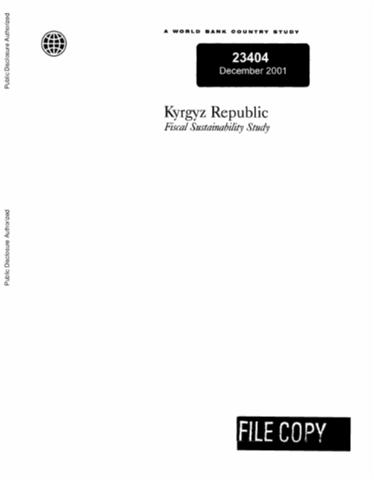The World Bank is a vital source of financial and technical assistance to developing countries around the world. We are not a bank in the ordinary sense but a unique partnership to reduce poverty and support development. The World Bank Group has two ambitious goals: End extreme poverty within a generation and boost shared prosperity.
- To end extreme poverty, the Bank's goal is to decrease the percentage of people living on less than $1.25 a day to no more than 3% by 2030.
- To promote shared prosperity, the goal is to promote income growth of the bottom 40% of the population in each country.
The World Bank Group comprises five institutions managed by their member countries.
The World Bank Group and Land: Working to protect the rights of existing land users and to help secure benefits for smallholder farmers
The World Bank (IBRD and IDA) interacts primarily with governments to increase agricultural productivity, strengthen land tenure policies and improve land governance. More than 90% of the World Bank’s agriculture portfolio focuses on the productivity and access to markets by small holder farmers. Ten percent of our projects focus on the governance of land tenure.
Similarly, investments by the International Finance Corporation (IFC), the World Bank Group’s private sector arm, including those in larger scale enterprises, overwhelmingly support smallholder farmers through improved access to finance, inputs and markets, and as direct suppliers. IFC invests in environmentally and socially sustainable private enterprises in all parts of the value chain (inputs such as irrigation and fertilizers, primary production, processing, transport and storage, traders, and risk management facilities including weather/crop insurance, warehouse financing, etc
For more information, visit the World Bank Group and land and food security (https://www.worldbank.org/en/topic/agriculture/brief/land-and-food-security1
Resources
Displaying 4831 - 4835 of 4907Land policy for pro-poor development: draft
This draft paper outlines a strategy for World Bank involvement in land policies. It focuses on property rights to land, land transactions, and socially optimal use of land.
Tenure, diversity, and commitment: community participation for urban service provision
This paper examines factors influencing a household’s willingness to participate in community based service provision programs. Using data from a recently completed geo-referenced household survey for Bangalore, India, two important hypotheses on why households engage in collective action are tested: does tenure security enhance the probability of participation mainly because the resulting appreciation in housing values can be capitalised and the anticipated benefit stream from service provision is accrued over a longer period?
The impact of property rights on households’ investment, risk coping, and policy preferences: evidence from China
This paper addresses the issue of land security and sustainability. The paper tackles the assumption that, in the case of China, giving farmers more secure land rights would undermine the function of land as a social safety net and, as a consequence, not be sustainable or command broad support.The report draws on data from three provinces, one of which had adopted a policy to increase security of tenure in advance of the others.
Kyrgyz Republic : Fiscal Sustainability Study
The study reviews the macroeconomic developments in the Kyrgyz Republic following the collapse of the Soviet Union, when adjustments were required since output fell by fifty percent between 1991-95, resulting in adverse fiscal consequences, which triggered losses in tax revenues, along with the implicit end of energy subsidies.
How the location of roads and protected areas affects deforestation in North Thailand
This article discusses the extent to which the location of roads s and protected areas affects deforestation in North Thailand. The article stresses that establishing protected areas (national parks together with wildlife sanctuaries) in North Thailand did not reduce the likelihood of forest clearing, but wildlife sanctuaries may have reduced the probability of deforestation.







